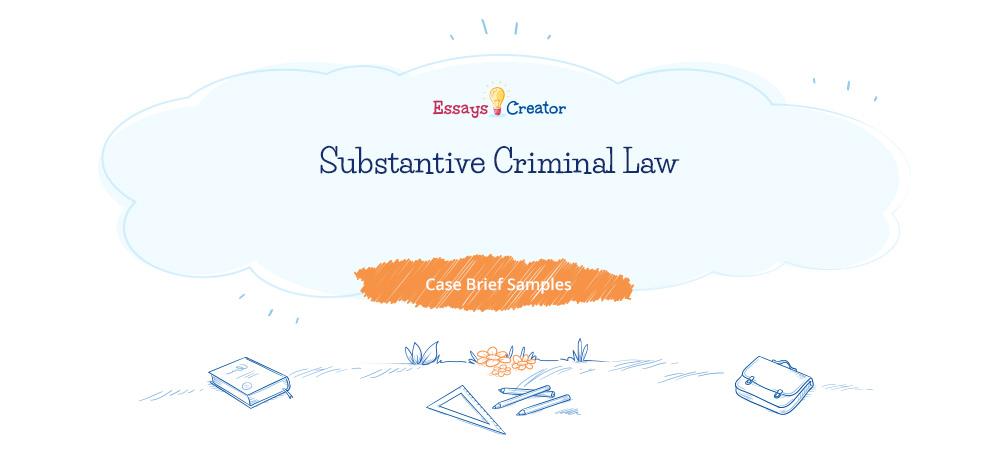
U.S. V. McRee, 7 F3d 976 (11th Cor. 1993)
Joseph H. Hale, Ann W. Mcree for, Appellant and United States of America for Appellee
Facts
On 28th February 1985, the Internal Revenues Services (IRS) offered an assessment of 1.9 million dollars against the plaintiff. However, the assessment was not reflected in Hale’s IRS account. This gave an impression that Hale had overpaid his taxes and a refund and there was an automated generation of a refund check to Hale. The check was valued at $359,380.25 and was a computer error which meant the IRS accepted the amount as a partial payment of the accrued amount. Hale did everything within their means to change the money into cash to deter it from being reclaimed by IRS. He also tried putting the financial resources under his wife’s name where she kept the money in Fort Walton Beach in her name.
Order your Case Brief help today!
The same was to be done in a Florida bank account. Expensive interstate travels were also carried out extensively in the course of the charged conversion process. The transactions also incorporated financial transactions at Canterbury Downs Racetrack as well as the MGM Grand casino. At this time, Hale had been a convict on crimes pertinent to fraud, security, and perjury. When the assessment was taking place, he was behind bars and his operations were orchestrated by Paul Wagner and Ann McRee. After a few months, Hale’s property was seized after IRS had discovered the error.
Prior Proceedings
The case was originally brought before the courts of appeal for the Eleventh Circuit when the defendants were indicted for conspiring to convert the United States property. This was on the 19th of August in the year 1987. Perpetrating such an action is contrary to 18 U.S.C. § 371 and U.S.C. § 641. In this respect, the jury was found guilty on all counts. Hale and McRee were also convicted for deploying interstate transportation for an illegal conversion of property which was against U.S.C. § 2314. The defendants pledges guilty on all counts on 27th July 1990.
Issues Presented or Questions of Law
Should the defendants be given a green light to show that the treasury check was not a government property when the check was received and cashed by the check? This can be attributed to the fact that the government was not retaining control over the check. It should not be perceived that the check was a government property simply because it was issued erroneously.
How it works
Step 1
Visit our website and go to the order formStep 2
Fill in specific essay details in your order description sectionStep 3
Pay for your custom essay and get your order verifiedStep 4
Process of writing your academic assignmentStep 5
Editing and anti-plagiarism checkStep 6
On-time delivery of an already written essayArguments or Objectives of the Parties
According to the defendants, it was apparent that the evidence presented to the court was insufficient to cover charges on all counts where the defendants were charged guilty. Similarly, ignorance of the law directive was not presented to the jury. There was also an improper limitation of voir dire to do away with the questioning of prospective jurors. However, a directive was later on issued by the district court ruling out both motions.
Holding/Rule of Law
The proponents of U.S.C. § 2314 dictate that the intentional embezzlement of funds or anything valued by the United States shall attract a fine that does not exceed $10,000, an imprisonment term of fewer than ten years, or both. The government has to prove that the property belonged to the government and that the defendant used the property for fraudulent purposes. It also has to prove that the defendants engaged in the actions knowingly.
Rationale
Hale did not misappropriate funds belonging to the United States treasury. This is because the check sent to them was unsolicited without any form of inducement. Similarly, the fact the check was not government property rules out the Section 641 violation. Any error orchestrated by the government can be corrected through a civil procedure
Conclusion
The evidence presented provides full-proof evidence that the erroneous proceeds were part of government property as dictated under 18 U.S.C. § 641. The government also delivered by providing sufficient evidence to prove that the defendants knowingly converted the financial resources into cash. There was an affirmation for Hale and McRee’s convictions for the conspiracy to convert property belonging to the United States government. Moreover, the claims put forth by the appellants lack merit.







